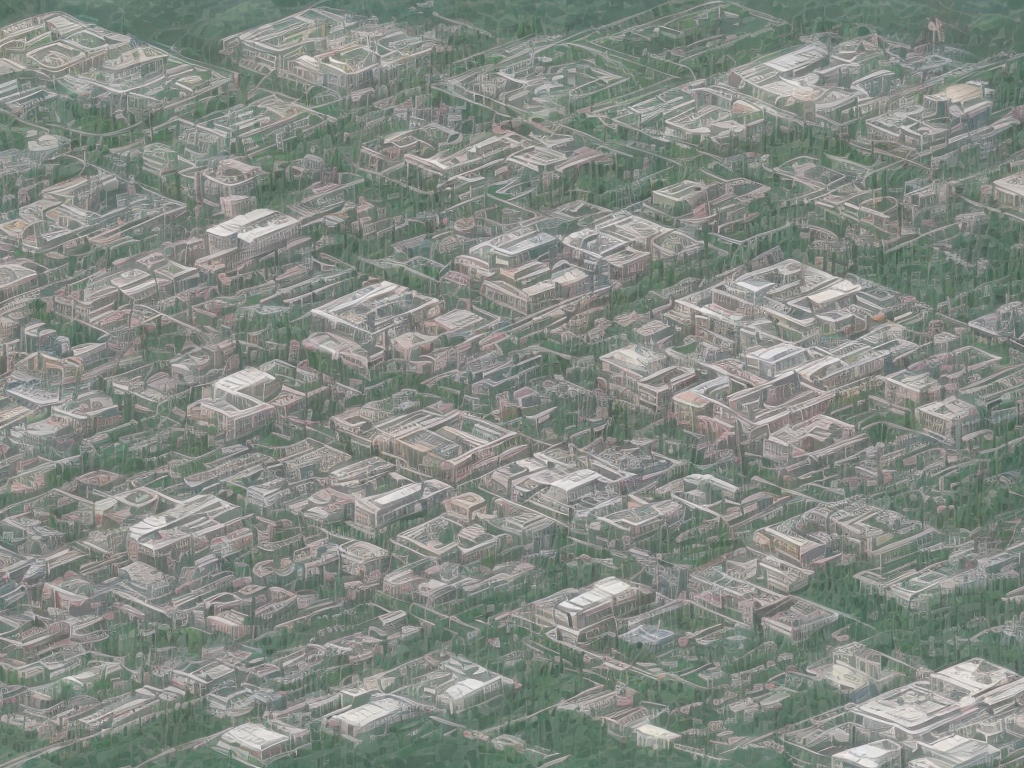
Human capital and human development are two terms that are often used interchangeably, but they have distinct meanings. Both play a vital role in the growth and prosperity of individuals, societies, and nations. In this article, we will explore the difference between human capital and human development.
Human capital refers to the knowledge, skills, and abilities that individuals possess and use to create economic value. In other words, it is the skills and abilities that allow individuals to perform economic activities, contribute to economic growth and development, and increase their earning potential. Human capital includes both tangible and intangible assets such as education, training, work experience, and personal attributes such as creativity, innovation, and leadership qualities.
Human development, on the other hand, refers to the process of enhancing human capabilities and living standards. It is a broader concept that encompasses the social, economic, and political aspects of human life. Human development aims to improve the well-being of individuals and societies through various means such as education, healthcare, employment opportunities, and social security.
In simpler terms, human capital is the individual’s ability to work, while human development is the society’s ability to provide suitable opportunities to enable individuals to reach their full potential. It includes things like infrastructure development, education and training, healthcare, and job training.
Human capital is often seen as an investment in an individual’s future, while human development is seen as an investment in the future of society. Human capital is often viewed as a microeconomic concept as it focuses on the individual, whereas human development is a macroeconomic concept as it considers the broader social and economic factors that affect the well-being of societies.
Human capital and human development are interdependent – human capital is necessary for human development to occur, and human development provides the environment in which human capital can be developed. Without proper investment in education, training, and healthcare, human capital cannot be developed, and without an environment in which human capital can be utilized, human development cannot take place.
In terms of the economy, human capital is seen as a factor of production, alongside land, labor, and capital. Human capital is the driving force behind economic growth and development – a skilled workforce is necessary for innovation and technological advancements. It is the basis for a knowledge-based economy, which has become increasingly important in the 21st century.
In contrast, human development is viewed as a goal in and of itself – it focuses on improving the quality of life of individuals and societies. It encompasses issues such as poverty reduction, healthcare, education, and social welfare. Human development aims to create an environment in which individuals can reach their full potential, regardless of their socioeconomic status.
Another important difference between human capital and human development is that human capital is often viewed from the perspective of the employer, while human development is viewed from the perspective of the individual. Human capital is a valuable asset in the labor market – employers are willing to pay higher wages for individuals with greater skills and abilities.
In contrast, human development focuses on the well-being of individuals, rather than their value in the labor market. It aims to provide basic necessities such as healthcare, education, and social security to individuals, regardless of their value in the labor market.
In conclusion, human capital and human development are essential concepts that play a crucial role in the growth and prosperity of individuals, societies, and nations. Human capital is the knowledge, skills, and abilities that individuals possess and use to create economic value, while human development is the process of enhancing human capabilities and living standards. Although these two concepts are interdependent, they have distinct differences and are viewed from different perspectives – human capital is viewed from the employer’s perspective, while human development is viewed from the individual’s perspective. By investing in both human capital and human development, societies can achieve sustainable economic growth while promoting the well-being and full potential of individuals.
 Self-Instruct
Self-Instruct